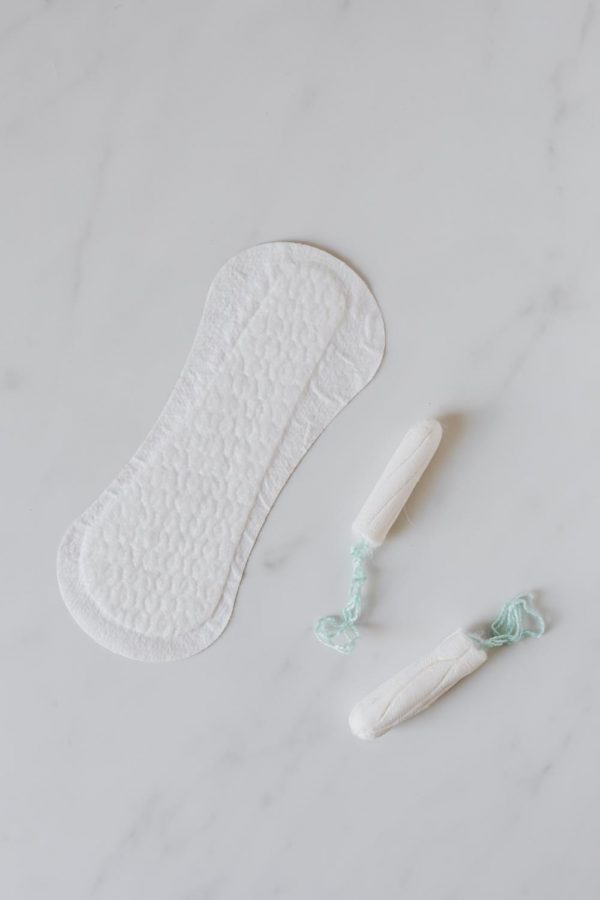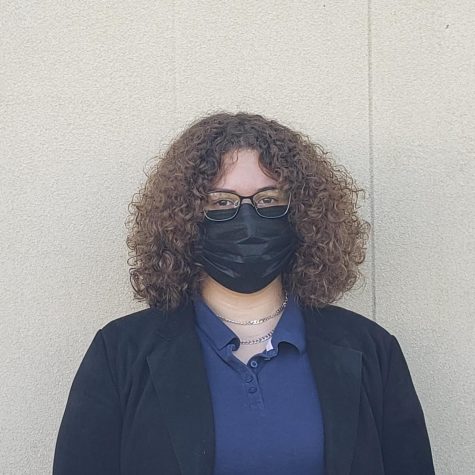New Bill Requires California Schools to Provide Free Menstrual Products to Students Who Need Them
Tampons and pads are commonly used period products.
October 26, 2021
Starting in the 2022-2023 school year, California public schools will be legally required to provide mensural products in public restrooms.
Last Friday, Governor Gavin Newsom signed a bill called the “Menstrual Equity for All Act of 2021.” In short, it requires that schools who teach grades 6-12, community colleges, and schools under the California State University system must provide products to those who menstruate.
Democratic Assembly Member, and the bill’s sponsor, Christina Garcia, spoke about her reasons for the bill in a press release. “Our biology doesn’t always send an advanced warning when we’re about to start menstruating, which often means we need to stop whatever we’re doing and deal with a period… Having convenient and free access to these products means our period won’t prevent us from being productive members of society, and would alleviate the anxiety of trying to find a product when out in public.”
In 2017, she also sponsored a legislation that ended up being signed into law enforcing that low-income schools in California should provide free period products to those who need it.
All of this helps to combat the never ending fight of period property, when those who get periods are unable to even afford basic menstrual necessities like tampons and pads.
The initial conception of the “Menstrual Equity for All Act of 2021.” was from Grace Meng who introduced the bill because of the high prices on period products. “Period poverty is debilitating and demeaning, and it is inextricably linked to a swath of issues – from economic justice to education; from housing to health care. No student should have to choose between their education and or their dignity. No family should have to choose between buying groceries or tampons. Although we have made progress in combatting period poverty, much more work needs to be done so that nobody ever faces challenges with affording and accessing these vital products. I am proud to continue championing this issue in Congress, and I will not stop fighting until we achieve full menstrual equity for women and girls everywhere.”


